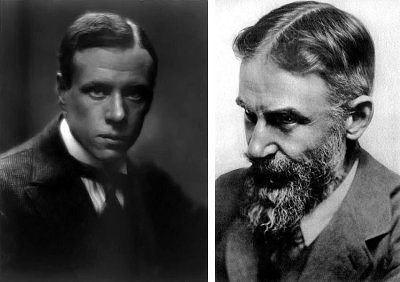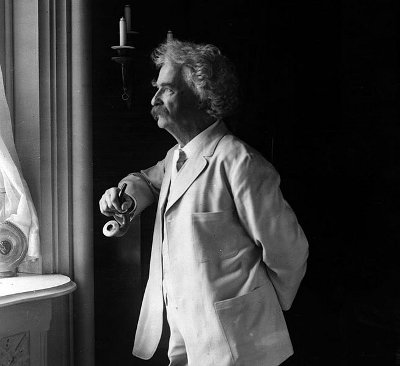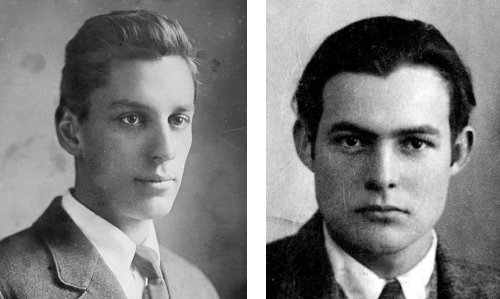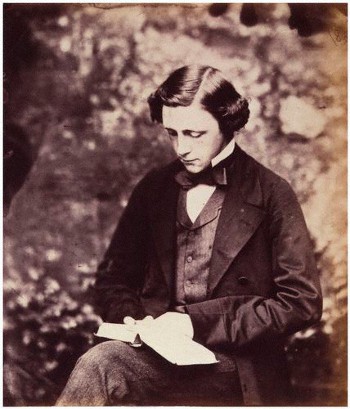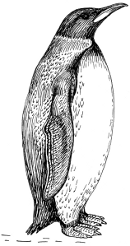Look before you leap.
He who hesitates is lost.
Absence makes the heart grow fonder.
Out of sight, out of mind.
You’re never too old to learn.
You can’t teach an old dog new tricks.
A word to the wise is sufficient.
Talk is cheap.
Fools rush in where angels fear to tread.
Nothing ventured, nothing gained.
Actions speak louder than words.
The pen is mightier than the sword.
Many hands make light work.
Too many cooks spoil the broth.
Seek and ye shall find.
Curiosity killed the cat.
Don’t look a gift horse in the mouth.
Beware of Greeks bearing gifts.
The best things in life are free.
There’s no such thing as a free lunch.
G.K. Chesterton said, “I owe my success to having listened respectfully to the very best advice, and then going away and doing the exact opposite.”
